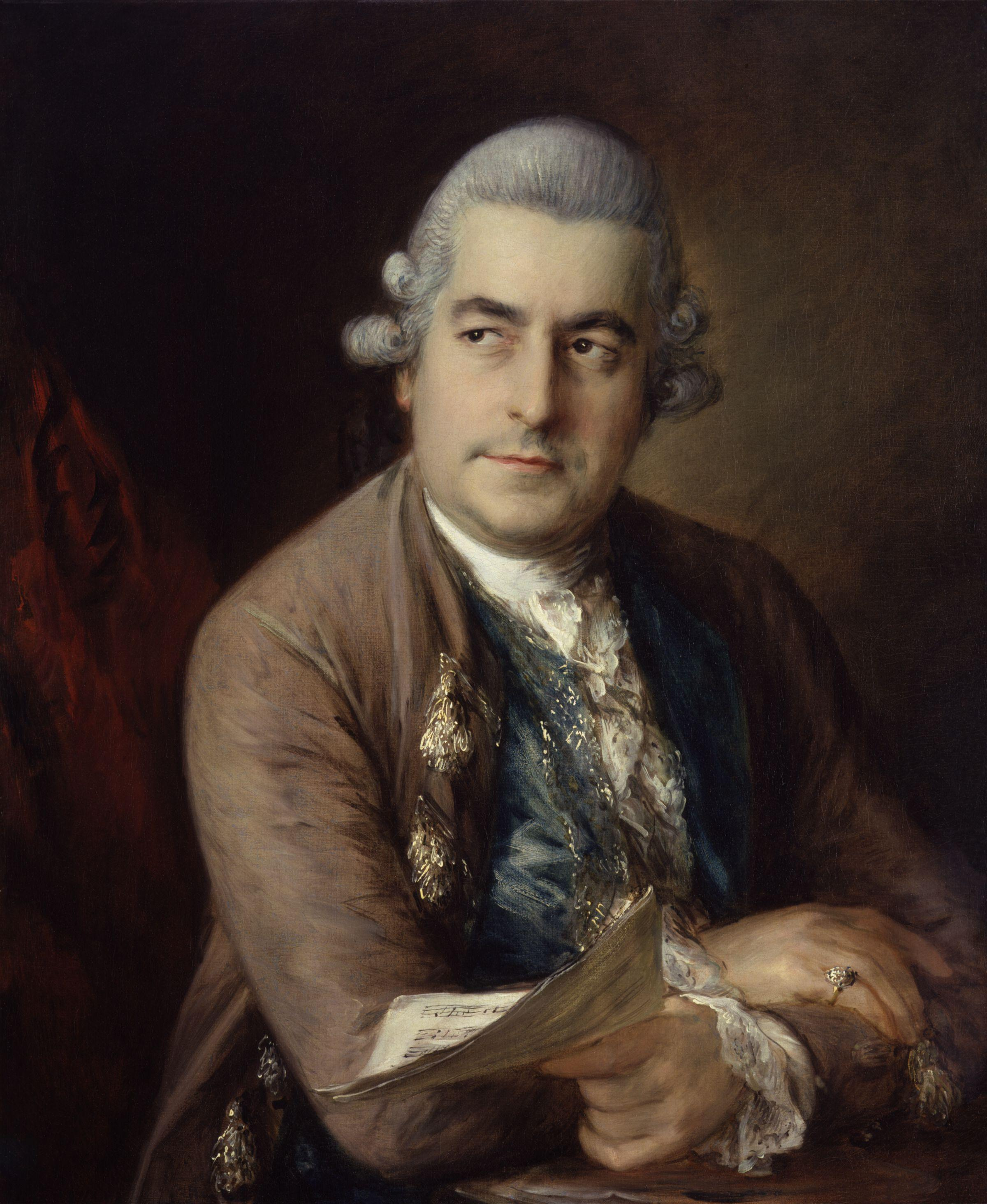Bach V Longman on:
[Wikipedia]
[Google]
[Amazon]
''Bach v Longman'' 2 Cowper 623 (1777) is a landmark judgment regarding 
copyright
A copyright is a type of intellectual property that gives its owner the exclusive legal right to copy, distribute, adapt, display, and perform a creative work, usually for a limited time. The creative work may be in a literary, artistic, ...
. The case related to whether printed music fell within the protection of the Statute of Anne
The Statute of Anne, also known as the Copyright Act 1709 or the Copyright Act 1710 (cited either as 8 Ann. c. 21 or as 8 Ann. c. 19), was an act of the Parliament of Great Britain passed in 1710, which was the first statute to provide for ...
(1710). Lord Mansfield held that published music is protected as 'writing' within the terms of the legislation
Legislation is the process or result of enrolling, enacting, or promulgating laws by a legislature, parliament, or analogous governing body. Before an item of legislation becomes law it may be known as a bill, and may be broadly referred ...
.

Johann Christian Bach
Johann Christian Bach (5 September 1735 – 1 January 1782) was a German composer of the Classical era, the youngest son of Johann Sebastian Bach. He received his early musical training from his father, and later from his half-brother, Carl ...
and Karl Friedrich Abel
Carl Friedrich Abel (22 December 1723 – 20 June 1787) was a German composer of the pre-Classical era. He was a renowned player of the viola da gamba, and produced significant compositions for that instrument. He was director of music at th ...
sued publisher James Longman
Longman, also known as Pearson Longman, is a publisher, publishing company founded in 1724 in London, England, which is owned by Pearson PLC.
Since 1968, Longman has been used primarily as an imprint by Pearson's Schools business. The Longman ...
who had been violating the copyright of their works in London
London is the Capital city, capital and List of urban areas in the United Kingdom, largest city of both England and the United Kingdom, with a population of in . London metropolitan area, Its wider metropolitan area is the largest in Wester ...
.
The only copyright
A copyright is a type of intellectual property that gives its owner the exclusive legal right to copy, distribute, adapt, display, and perform a creative work, usually for a limited time. The creative work may be in a literary, artistic, ...
legislation at the time was the Statute of Anne
The Statute of Anne, also known as the Copyright Act 1709 or the Copyright Act 1710 (cited either as 8 Ann. c. 21 or as 8 Ann. c. 19), was an act of the Parliament of Great Britain passed in 1710, which was the first statute to provide for ...
, which was assumed not to cover music.
However, the judge, Lord Mansfield
William Murray, 1st Earl of Mansfield, (2 March 1705 – 20 March 1793), was a British judge, politician, lawyer, and peer best known for his reforms to English law. Born in Scone Palace, Perthshire, to a family of Peerage of Scotland, Scott ...
, found that the Statute's preamble referred to "books and other writings."Bach v. Longman et al., 2 Cowper 623 (1777) at 624. This he felt included written music. His decision allowed for a spate of further cases and a more stable performing environment that allowed the growth of freelance musicians in the 18th century.
Further reading
* Sanjek, R., American Popular Music and Its Business: The First Four Hundred Years, 3 vols. (New York and Oxford: Oxford University Press, 1988) * Hunter, D., 'Music Copyright in Britain to 1800', Music & Letters, 67 (1986): 269–82 (273) * Carroll, M., 'The Struggle for Music Copyright', Florida Law Review, 57 (2005): 907–61References
United Kingdom copyright case law Court of King's Bench (England) cases 1777 in British law 1777 in case law 1777 in England {{case-law-stub